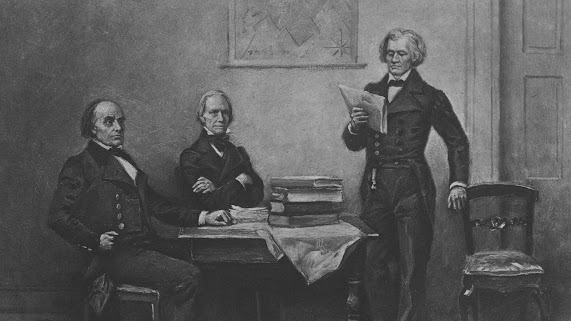The Vietnam War

The Cold War was one of the most protracted conflicts in world history, especially in American history. For 44 years from 1947 to 1991, Soviet Leninists and American Lockeans glared at each other, accumulating more and more anger toward one another with each irritant in their already-torn and unstable relationship. With each new country to become a puppet state of Moscow and Beijing, Washington DC's rage gained additional scope. With every movement to single out and persecute American communists, Moscow's rhetoric against the policies of the West became more vicious and determined. There were a few moments of diplomatic growth, like Nikita Khrushchev's visit to the US in 1959 under Dwight D. Eisenhower , but they were generally usurped by new matches of geopolitical brawling soon after. Greece, Turkey, South Korea, Iran, Guatemala, Cuba, Chile, Afghanistan, Grenada, Libya, and many other nations were converted into arenas, where the respective soldiers of the United States,...




